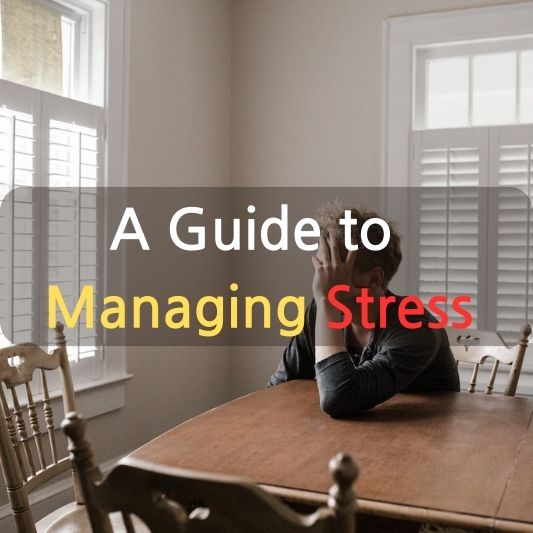In our fast-paced world, stress has become an inevitable part of our lives. However, understanding and effectively managing stress is crucial for maintaining our physical and mental well-being. This article will explore various techniques to manage stress and help you live a happier, healthier life.

Understanding Stress
Stress is the body’s natural response to challenging situations. It can be triggered by various factors, such as work pressure, family issues, or health concerns. Understanding the nature of stress is the first step in managing it.
The Impact of Stress on Health
Excessive stress can lead to various health problems, including heart disease, anxiety, and depression. It’s essential to recognize the signs of stress and take action to mitigate its effects.
Identifying Stressors
Identifying the sources of stress in your life is crucial. Common stressors may include work-related deadlines, financial problems, or personal relationships. Acknowledging these stressors is the first step in addressing them.
Effective Stress Management Techniques
a. Physical Activities
Engaging in regular physical activities, such as jogging, yoga, or dancing, can reduce stress levels. Exercise releases endorphins, which are natural mood lifters.
b. Mindfulness and Meditation
Practicing mindfulness and meditation helps calm the mind and reduces anxiety. It’s an excellent way to stay grounded and focused.
c. Healthy Eating Habits
A balanced diet is essential for stress management. Certain foods, like dark chocolate and nuts, can help reduce stress. Avoid excessive caffeine and sugar intake.
d. Time Management
Effective time management can help prevent overwhelming situations. Prioritize tasks and create a schedule that allows for breaks and relaxation.
The Importance of Social Support
Connecting with friends and family can provide a strong support system during stressful times. Share your feelings with loved ones and seek their guidance when needed.
Art and Stress Relief
Engaging in creative activities, such as painting, drawing, or playing an instrument, can be therapeutic and help reduce stress.
Laughter as Medicine
Laughter is a natural stress-reliever. Watch a funny movie, attend a comedy show, or spend time with people who make you laugh.
The Role of Professional Help
Sometimes, stress can become overwhelming. Don’t hesitate to seek professional help, such as therapy or counseling, when needed.
Achieving a Work-Life Balance
Balancing work and personal life is crucial for stress management. Set boundaries and take time for yourself.
Nurturing a Positive Mindset
Maintaining a positive outlook can help reduce stress. Focus on gratitude, and practice positive self-talk.
Nature Therapy
Spending time in nature has a calming effect on the mind. Go for walks in the park, hike, or simply sit in a garden to relax.
Self-Care and Pampering
Take time to pamper yourself. Treat yourself to a spa day, a good book, or a relaxing bath.
The Mind-Body Connection
The mind and body are interconnected. Engage in activities like yoga or tai chi that promote this connection.
Conclusion
Managing stress is essential for a happy and healthy life. By incorporating various stress management techniques into your daily routine, you can reduce the negative impact of stress and improve your overall well-being.
FAQs
1. What are the physical symptoms of stress?
Stress can manifest in physical symptoms such as headaches, muscle tension, and fatigue.
2. How can I incorporate mindfulness into my daily life?
You can start by dedicating a few minutes each day to meditation or deep breathing exercises.
3. Can stress lead to serious health issues?
Yes, chronic stress can contribute to various health problems, including heart disease and mental health disorders.
4. What are the benefits of spending time in nature for stress management?
Nature provides a soothing and calming environment that can help reduce stress and anxiety.
5. When should I seek professional help for stress management?
If you find that your stress is severely impacting your daily life and well-being, it’s advisable to consult a mental health professional.
Find out how much nutritional supplements can help relieve stress on iHub!
